The Symbolic Narratives of the Fourth Gospel —— The Interplay of Form and Meaning
----- 第四福音的象征性叙述
The book examines six long narratives of the Fourth Gospel, arguing that they are best understood as 'symbolic narrative'. They display a unique cohesion of symbol and narrative: the narrative unfolds the symbol and the symbol draws out the narrative. This process occurs as the character struggles to understand the symbolic meaning. The structure develops in five Stages: the establishing of a 'sign', image or feast (Stage 1); misunderstood in materialistic terms (Stage 2); the struggle to understand the symbolic meaning (Stage 3); the acceptance or rejection of that meaning (Stage 4); a confession of faith or statement of rejection (Stage 5). The symbolic narratives reveal how material reality becomes symbolic of the divine. Just as the flesh of Jesus is the symbol of divine glory, so material reality now has the potential for symbolizing God. Flesh has no independent existence; its value lies in its symbolic role. This parallels the cohesion between form and meaning. Just as the flesh is given value in symbolizing the divine, so narrative form is of value in disclosing theological meaning. The implied reader is drawn into the drama of the symbolic narratives to make the authentic response of faith.
{{comment.content}}
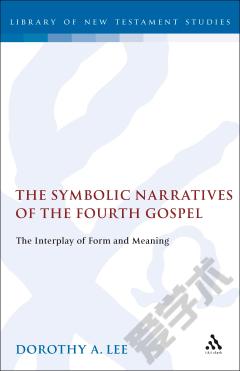
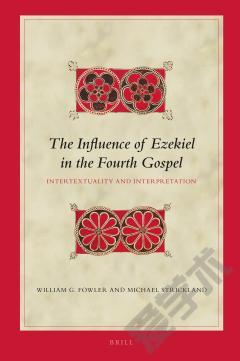
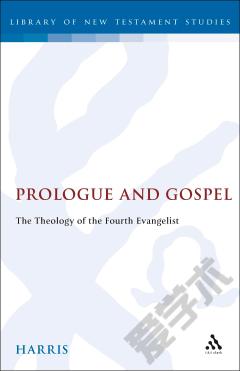

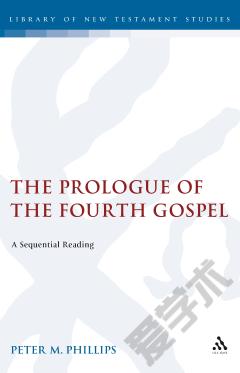
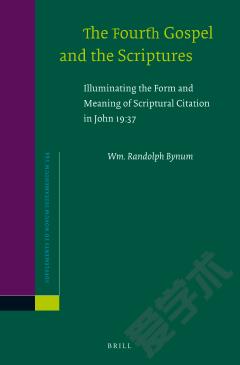
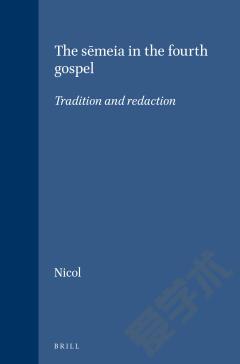

 京公网安备 11010802027623号
京公网安备 11010802027623号